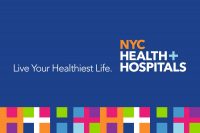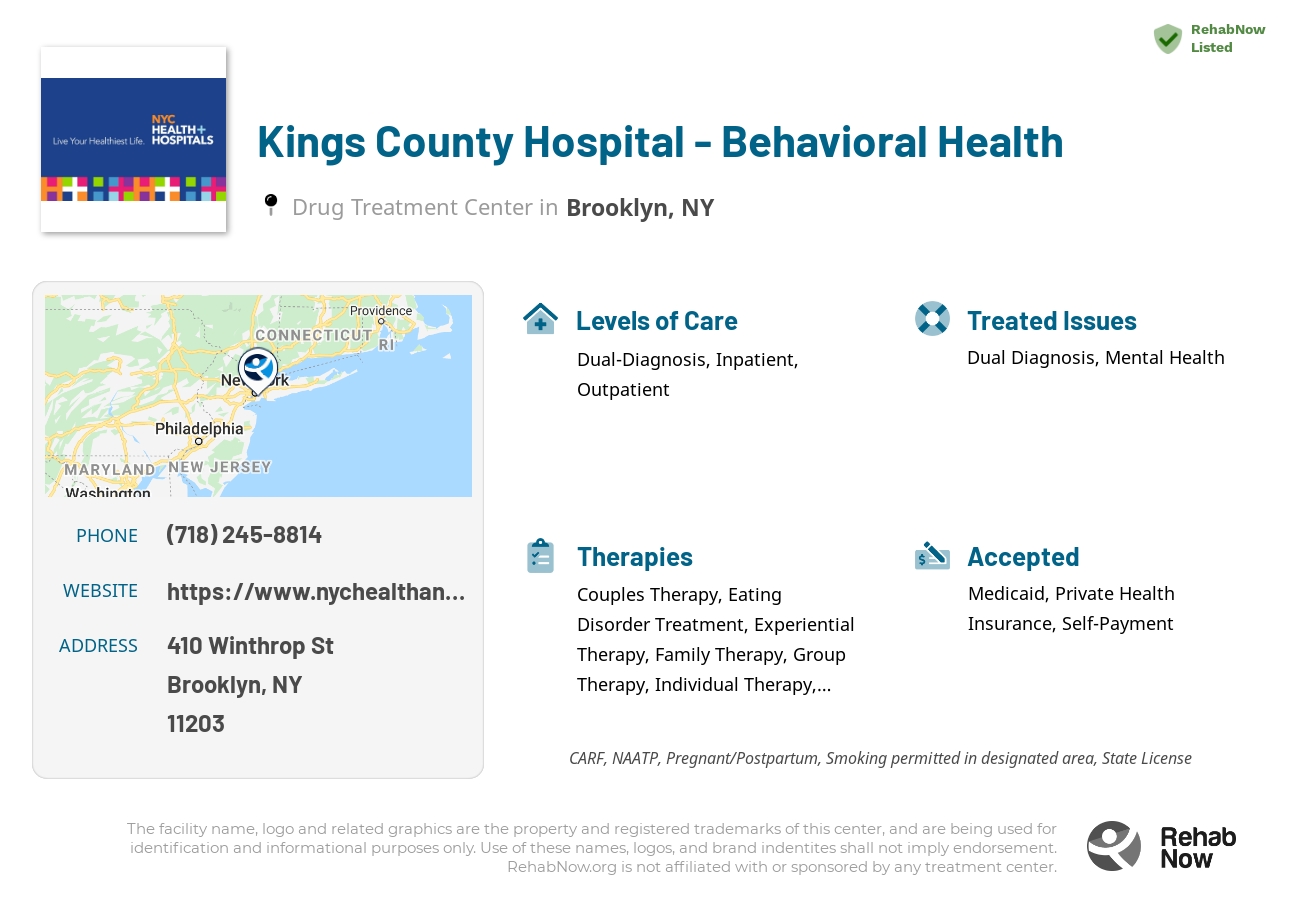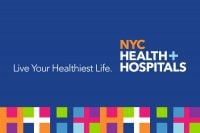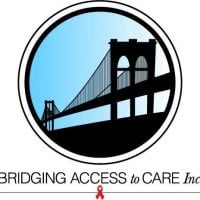Kings County Hospital - Behavioral Health
Drug Rehab Center in Brooklyn, New York
NYC Health + Hospitals - Kings County Hospital - Behavioral Health in Brooklyn, New York is a treatment facility that specializes in helping individuals recover from substance abuse and addiction, offering dual diagnosis, inpatient, and outpatient treatment options.
About This Brooklyn, NY Facility
NYC Health + Hospitals - Kings County Hospital - Behavioral Health, located in Brooklyn, New York, is a treatment facility that specializes in helping individuals seeking recovery from substance abuse and addiction. They offer a range of services to those looking to get sober, including dual diagnosis treatment for individuals who are dealing with both addiction and mental health issues. The facility provides treatment for eating disorders, mental health disorders, and offers levels of care such as dual-diagnosis, inpatient, and outpatient treatment options. NYC Health + Hospitals - Kings County Hospital - Behavioral Health accepts private health insurance and is affiliated with NYC Health + Hospitals.
Utilizing a holistic approach to recovery, NYC Health + Hospitals - Kings County Hospital - Behavioral Health in Brooklyn offers a variety of comprehensive services and treatment methods to address addiction and substance abuse. They provide dual diagnosis treatment, which addresses both addiction and co-occurring mental health disorders, allowing individuals to receive the necessary care for their unique needs. The facility offers inpatient treatment, providing a structured and supportive environment for individuals at the beginning stages of their recovery journey. For those who require a more flexible treatment option, outpatient programs are available, offering therapy sessions and support without the need for residential stays. With a focus on personalized care, NYC Health + Hospitals - Kings County Hospital - Behavioral Health aims to empower individuals on their path to sobriety.
Genders
Ages
Modality
Additional
Conditions and Issues Treated
Some of the most common co-occurring disorders are schizophrenia, depression, and bipolar disorder. Most rehab facilities in Brooklyn, NY like Kings County Hospital - Behavioral Health provide patients with a dual diagnosis. Dual diagnosis gives rehab the means to treat addiction while restoring mental and emotional health.
Levels of Care Offered
This center offers a variety of custom treatment tailored to individual recovery. Currently available are Dual-Diagnosis, Inpatient, Outpatient, with additional therapies available as listed below.
An inpatient is a person who stays in a hospital or rehab center during treatment. For alcohol- and drug-dependent individuals, inpatient rehabs provide individualized around-the-clock services. Inpatient treatment programs address a person’s unique physical, medical, and psychological needs. A team of experts assess the severity of the addiction and design a highly tailored program. typically, the length of stay in an inpatient facility in Brooklyn, NY is 30 days. Those with severe addiction may need to stay at the facility for 60 to 90 days.
Outpatient rehabilitation is a treatment that exists if a patient is not checking into Kings County Hospital - Behavioral Health long term. In addition to helping them recover, the patient attends regular therapy sessions and detox and participates in other therapies. However, this is all primarily done from home. As a follow-up to inpatient treatment, outpatient treatment is usually recommended.
After rehabilitation, it helps people return to their everyday lives. It may also be an alternative to inpatient care in some situations. If they cannot leave their jobs, children, or don’t have the money for inpatient care, people can choose this method. Inpatient therapy, however, is the best method and most suggested level of treatment offered by Kings County Hospital - Behavioral Health in recovering from addiction.
Kings County Hospital - Behavioral Health‘s Therapies & Programs
Customized individual therapy is counseling involving you and your counselor at Kings County Hospital - Behavioral Health. This builds a personal and trusting relationship so you can truly be yourself and express any emotions as you feel them. Individual therapy leads to greater peace and understanding about your triggers for addiction and coping strategies to prevent relapse.
Substance abuse does a number on an individual’s relationship with other people, particularly in marriage. Spousal relationships bear the brunt of alcohol and drug dependence. Therefore, it becomes critical to submit the relationship to couples therapy to prevent straining it further. Most programs only zero in on the individual with substance addiction without factoring in the importance of the other half’s emotional support.
However, some facilities, like Kings County Hospital - Behavioral Health in Brooklyn, New York, offer couples therapy options to manage intimate partnerships amid the recovery process. Other couples-focused treatment plans can provide the patient and their partner tools to get things back to normal, support each other, and the patient’s sobriety.Group Therapy is a type of counseling that occurs between a bunch of strangers. These groups are suitable for patients who are not confined in a treatment facility, but group sessions are also common in inpatient rehab programs. Group therapy is led by a trained individual at Kings County Hospital - Behavioral Health in Brooklyn, NY and consists of members from different stages of recovery.
The goal of group therapy sessions is to foster hope and a sense of belonging, share information, and learn coping mechanisms. It also helps to have people who can relate to what you’re going through. Good behaviors can also be contagious, and participants can learn from one another.
Unresolved trauma is often a key reason why many patients resorted to substance abuse. Trauma could be physical abuse, sexual abuse, war, natural disasters, divorce, accident, loss of a loved one, etc. If trauma is the primary cause of substance abuse, then both issues must be addressed.
Cognitive Behavioral Therapy (CBT) is an approach and method in psychotherapy. Kings County Hospital - Behavioral Health asks people to investigate how their thoughts, including habitual, negative, and inaccurate ways of thinking affect behaviors. CBT is based on the idea that rigid, inflexible ways of thinking cause people to have a limited ability to cope with stress
Nutrition therapy, which is also known as Medical nutrition therapy (MNT) involves providing healthy diet and improving the eating habits of the patient. Expert dieticians provide individualized meal plan, that addresses the specific nutritional deficiencies and the nutritional impact associated with the medicines that are given as a part of the treatment. It helps to overcome the food cravings that are seen in certain addictions and also addresses the co-occurring conditions such as eating disorders.
Nutrition therapy is very important to support the different therapies provided as a part of comprehensive care. Nutrition therapy also teaches the associated life skills such as cooking healthy food and grocery shopping.
Nicotine replacement is a way to move towards stopping smoking or using any form of nicotine. This can be nicotine gum or nicotine patches. The process of working with trained staff at Kings County Hospital - Behavioral Health in setting a goal quit date, using nicotine replacement and gradually decreasing nicotine intake is proven to help.
Patient Experience
Experiential Therapy at Kings County Hospital - Behavioral Health
Experiential therapy at Kings County Hospital - Behavioral Health includes helping people work through emotional disorders by participating in events in real-time. It moves away from conventional talk therapy to discuss their concerns and emotions by making patients play roles or use props. It allows people to handle trauma and feelings healthily, reducing the need to resort to alcohol and substances in Brooklyn, NY.
Payment Options Accepted
For specific insurance or payment methods please contact us.
Is your insurance accepted?
Ask an expert, call (888) 674-0062
NYC Health + Hospitals Associated Centers
Discover treatment facilities under the same provider.
- NYC Health Hospitals - Woodhull in Brooklyn, NY
- NYC Health + Hospitals - Jacobi Adult Outpatient in Bronx, NY
- NYC Health Hospitals - Kings County Hospital - Detox in Brooklyn, NY
- Bellevue Hospital Center - Detoxification Services in New York, NY
- Gotham Health - Morrisania Diagnostic and Treatment Center in Bronx, NY
Learn More About NYC Health + Hospitals Centers
Additional Details
Specifics, location, and helpful extra information.
Brooklyn, New York 11203 Phone Number(718) 245-8814 Meta DetailsUpdated November 25, 2023
Staff Verified
Patient Reviews
There are no reviews yet. Be the first one to write one.
Brooklyn, New York Addiction Information
More than 2 million New Yorkers are currently suffering from some type of substance abuse and many of those are minors. Alcohol abuse, in particular, is prevalent among those underage. As a result of the high prices and regulation of prescription drugs, many New Yorkers turn to heroin instead. This has led to a serious heroin epidemic in the state.
Brooklyn has a hospitalization rate for drug overdoses nearly double the New York City average. In 2012, there were 1,814 admissions to drug treatment centers in Brooklyn, which accounted for 6.8% of all admissions in NYC. Over 3 million emergency room visits were related to drug misuse in 2016. Some of the most common treatments include inpatient rehabilitation, outpatient rehabilitation, 12-step programs, and detoxification.
Treatment in Nearby Cities
- Ithaca, NY (181.0 mi.)
- Oneida, NY (189.9 mi.)
- Hornell, NY (224.4 mi.)
- Monroe, NY (46.4 mi.)
- Ridgewood, NY (4.0 mi.)
Centers near Kings County Hospital - Behavioral Health
The facility name, logo and brand are the property and registered trademarks of Kings County Hospital - Behavioral Health, and are being used for identification and informational purposes only. Use of these names, logos and brands shall not imply endorsement. RehabNow.org is not affiliated with or sponsored by Kings County Hospital - Behavioral Health.









